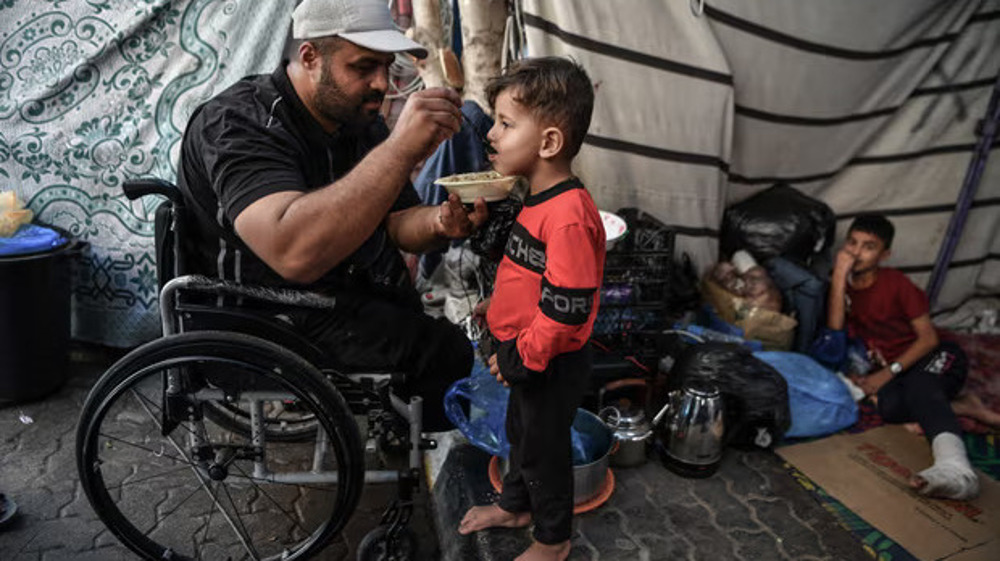Infection
WHO warns of rapid spread of infectious diseases in Gaza amid disrupted health, water systems
The World Health Organization (WHO) has warned of the rapid spread of infectious diseases in the Gaza Strip due to Israeli air bombardments that have disrupted health, water, and sanitation systems.
The WHO in a statement on Wednesday said that as deaths and injuries in Gaza continue to rise, intense overcrowding and disrupted health, water, and sanitation systems pose an added danger that is “the rapid spread of infectious diseases,” warning that “worrying trends are already emerging.”
It warned that the lack of fuel in the densely-populated territory has led to the shutting down of desalination plants, significantly increasing the risk of bacterial infections like diarrhea spreading as people consume contaminated water.
The lack of fuel has also disrupted the collection of solid waste, which the UN health agency said created an “environment conducive to the rapid and widespread proliferation of insects, rodents that can carry and transit diseases.”
The WHO said more than 33,551 cases of diarrhea had been reported since mid-October, the bulk of which among children under five– a significant increase compared to an average of 2,000 cases monthly in children under five throughout 2021 and 2022.
It added that it was “almost impossible” for health facilities to maintain basic infection prevention measures, which increased the risk of infection caused by trauma, surgery and childbirth.
“Disrupted routine vaccination activities, as well as lack of medicines for treating communicable diseases, further increase the risk of accelerated disease spread,” the statement said.
The health organization also said that limited internet connectivity and phone system functioning further constrains their ability to detect potential outbreaks early and respond effectively.
“As people face food shortages, malnutrition, and impending colder weather, they will be even more susceptible to contracting diseases. This is especially concerning for the more than 50,000 pregnant women and approximately 337,000 children under the age of five currently in Gaza,” the WHO also warned.
While very limited deliveries of food, water and medicine have been made to Gaza, the Israeli regime has refused to allow fuel to enter the Gaza Strip, despite requests from the UN and humanitarian aid groups.
On Monday, United Nations Secretary General Antonio Guterres said the war was turning the coastal sliver into “a graveyard for children.”
The UN chief said clear violations of international humanitarian law were being committed during the war, adding that the Israeli regime was simultaneously targeting “civilians, hospitals, refugee camps, mosques, churches, and UN facilities – including shelters. No one is safe.”
According to the Palestinian Health Ministry in Gaza, the death toll from indiscriminate Israeli bombardments has surpassed 10,500 people, including 4,324 children and 2,823 women, while over 30,000 have been either injured or remain unaccounted for.
Health authorities in Gaza had warned in recent weeks that hospitals in the small territory may run out of fuel if the Israeli regime does not allow fuel to enter Gaza.

